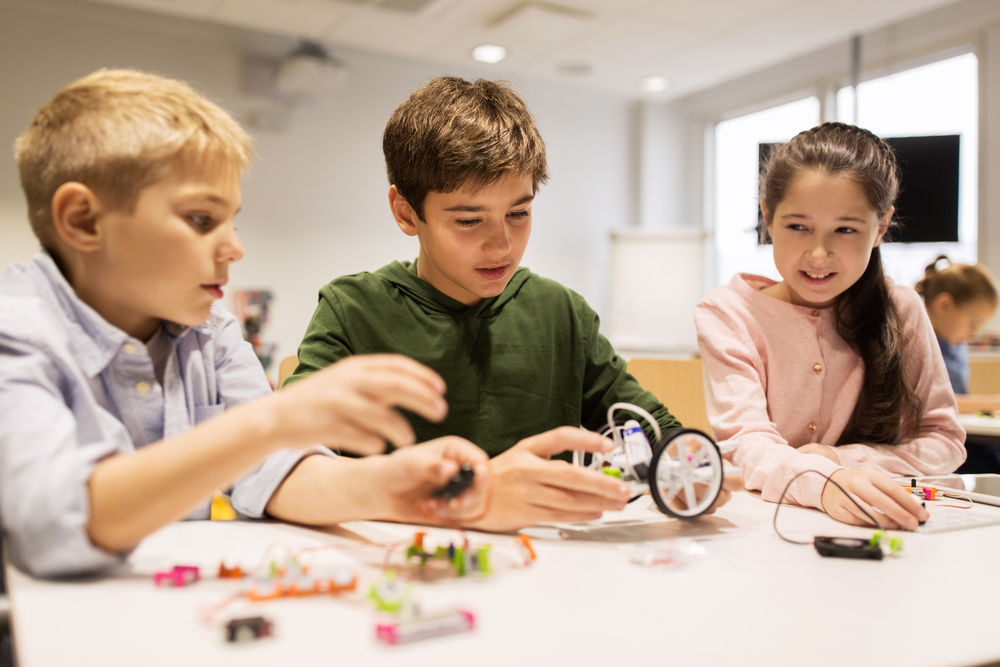Vocabulary enhancement Normal Life Science Worksheets for Ages 3-7
7 filtered results
-
From - To
Discover our engaging "Vocabulary Enhancement Normal Life Science Worksheets" tailored for children aged 3-7! These interactive worksheets are designed to stimulate young minds while enhancing their vocabulary through captivating life science themes. Each activity promotes a deep understanding of the natural world, fostering curiosity and love for learning. Ideal for both classroom and home environments, our worksheets encourage exploration and language development in a fun and accessible way. Watch your children expand their vocabulary as they connect words with vibrant visuals and relevant scientific concepts. Empower your child’s educational journey with these essential resources that make learning enjoyable and effective!
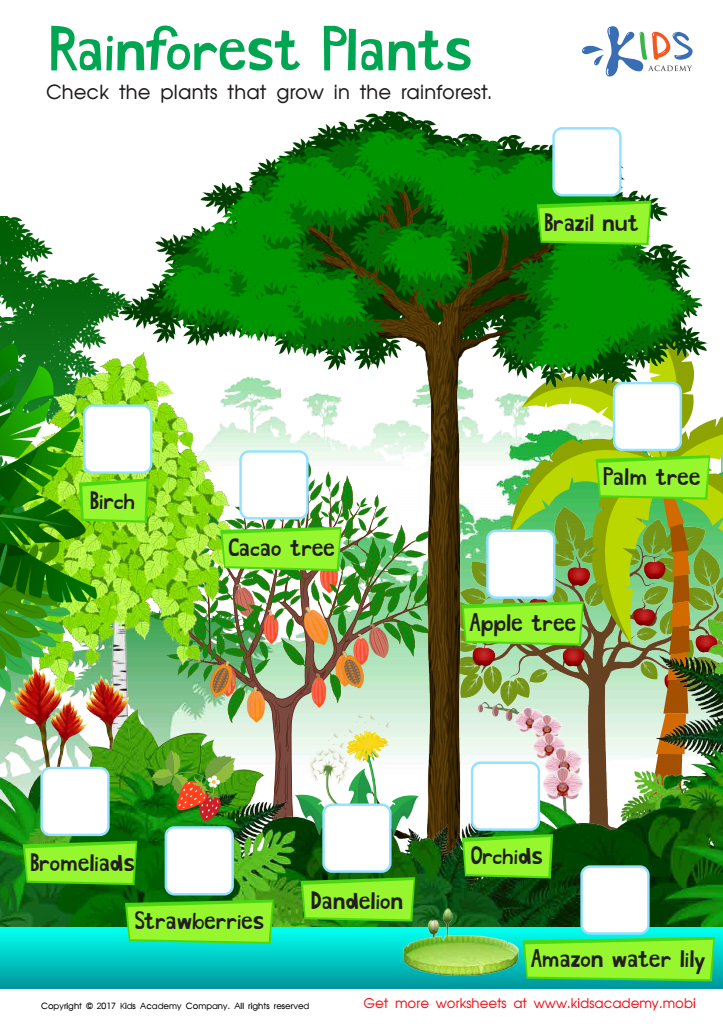

Rainforest Plants Worksheet


Herbivores Printable
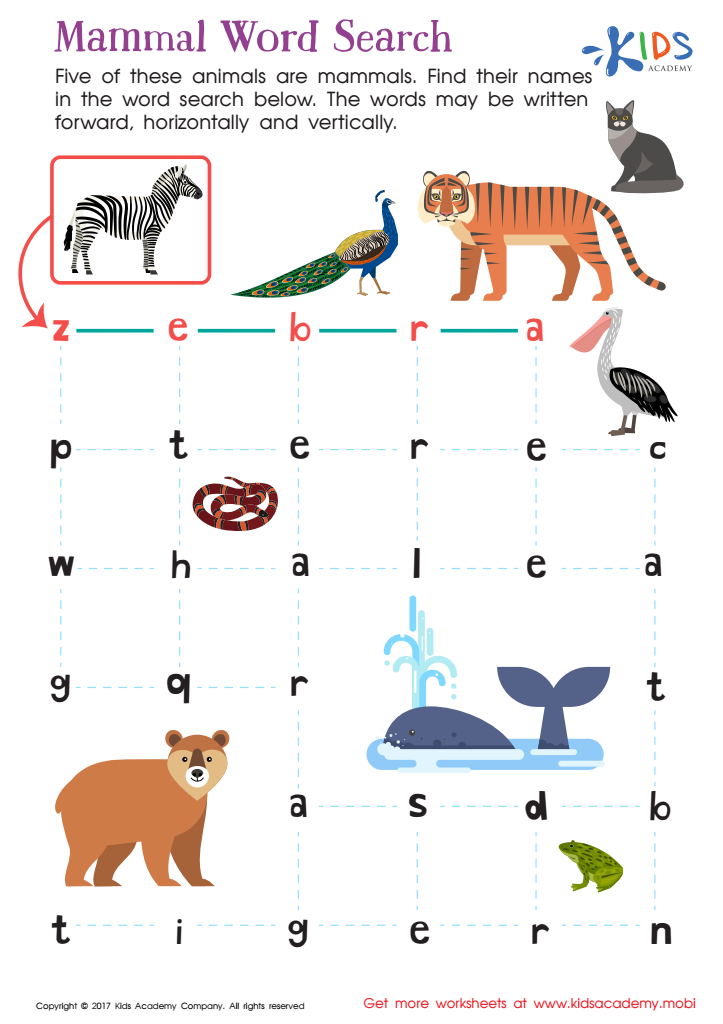

Printable Mammal Word Search
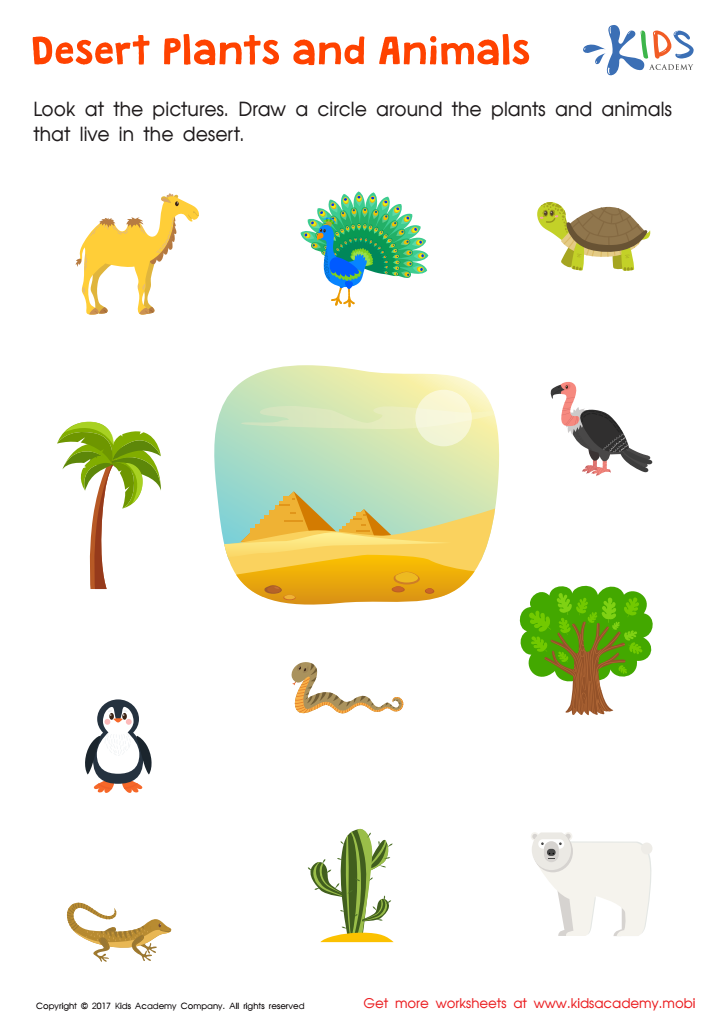

Desert Plants Animals Printable


Carnivores Worksheet
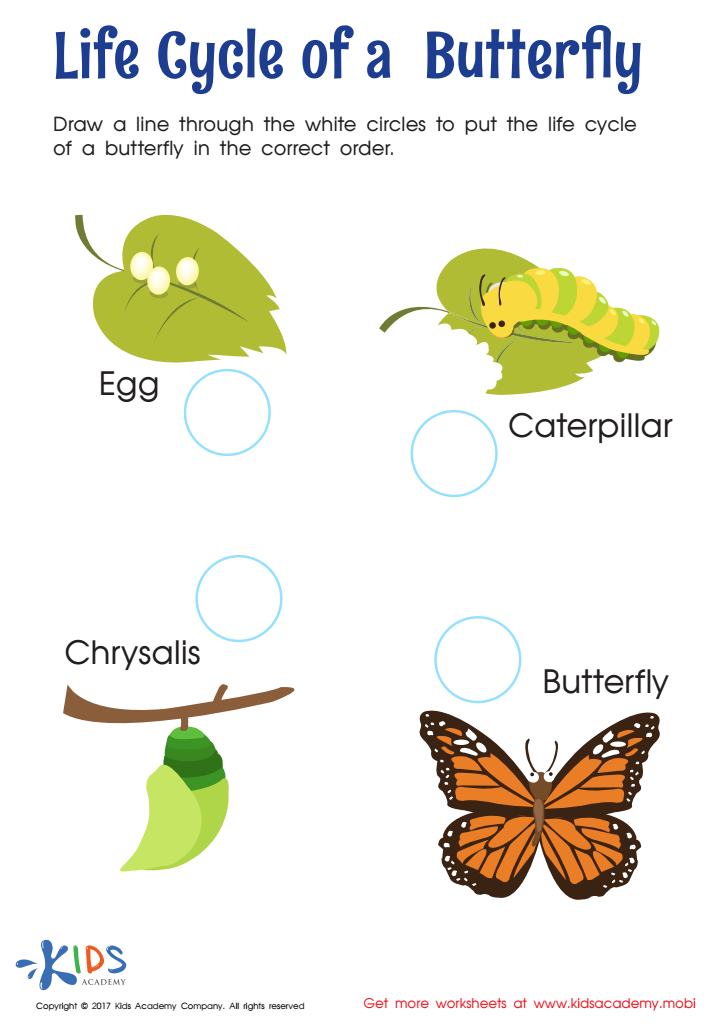

Life Cycle of Butterfly Worksheet
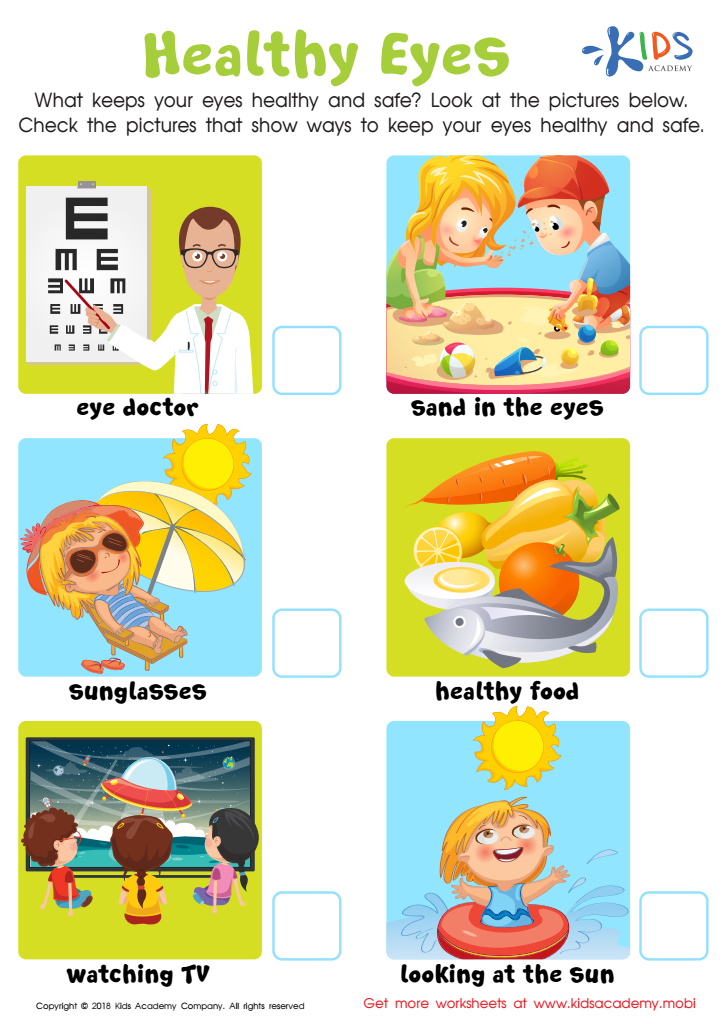

Healthy Eyes Worksheet
Vocabulary enhancement in Normal Life Science for children aged 3-7 is crucial for several reasons. Firstly, this age group is in a formative stage of language development, and rich vocabulary exposure significantly contributes to their overall communication skills. Learning scientific vocabulary related to everyday life helps children describe the world around them, fostering their inquiry and curiosity.
Additionally, understanding basic life science concepts through enhanced vocabulary builds foundational knowledge and critical thinking. When children grasp terms associated with nature, animals, plants, and human bodies, they develop the ability to ask informed questions and express observations. This early understanding lays the groundwork for future scientific learning.
Moreover, vocabulary enrichment promotes literacy skills, which are interconnected with academic success. A robust vocabulary aids in reading comprehension and allows children to engage more meaningfully with texts, not just in science, but across all subjects.
Finally, involving parents and teachers in vocabulary enhancement reinforces learning in both home and school environments. When families participate in discussions about life science using rich and relevant vocabulary, it cultivates a shared interest in learning. In essence, focusing on vocabulary enhancement is vital for empowering young learners, fostering a lifelong love for exploration and understanding of the natural world.
 Assign to My Students
Assign to My Students



%20(1).jpg)


